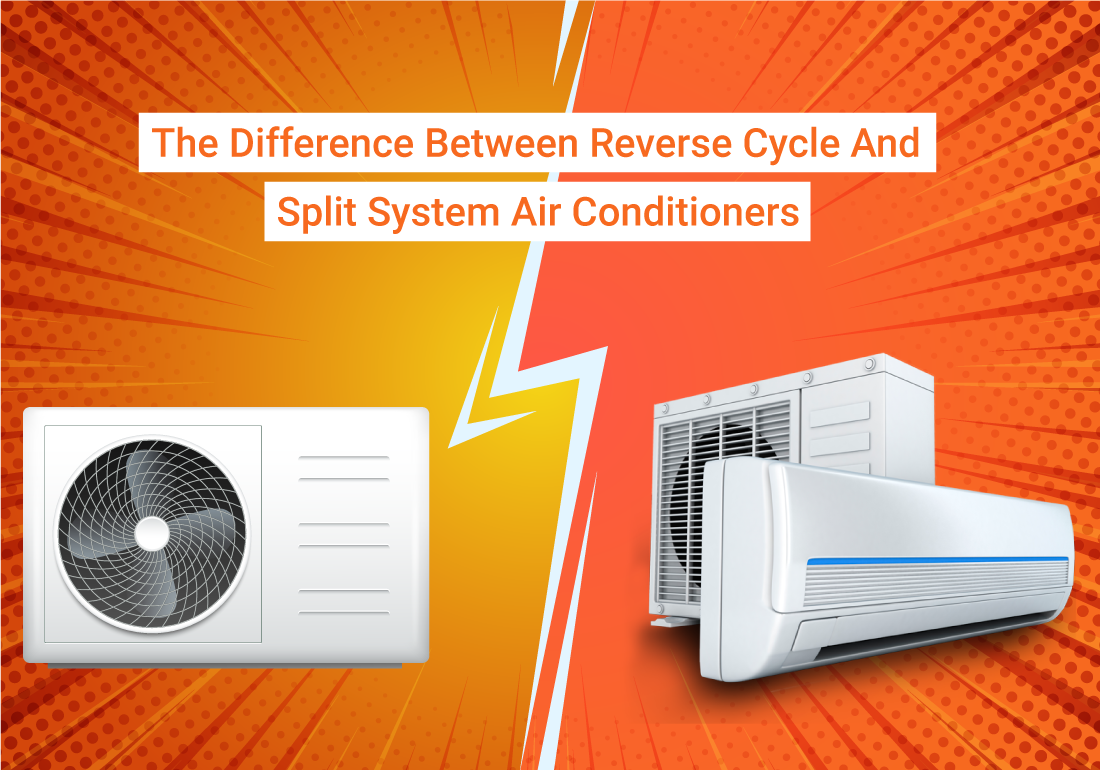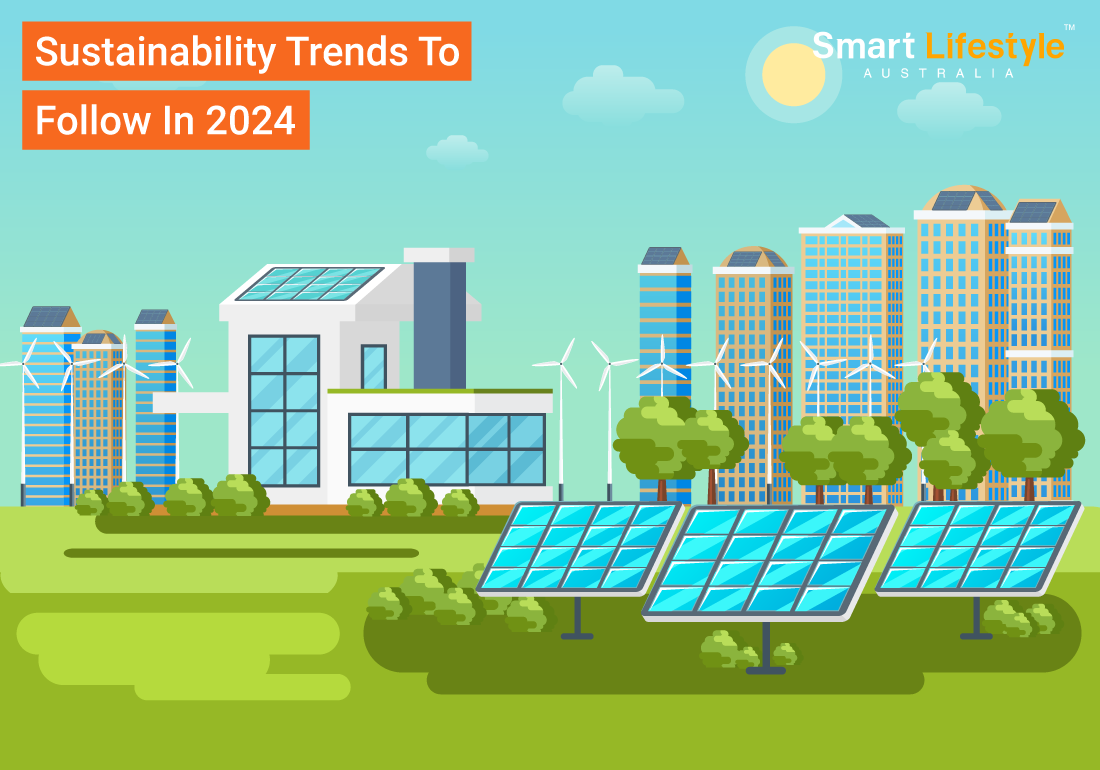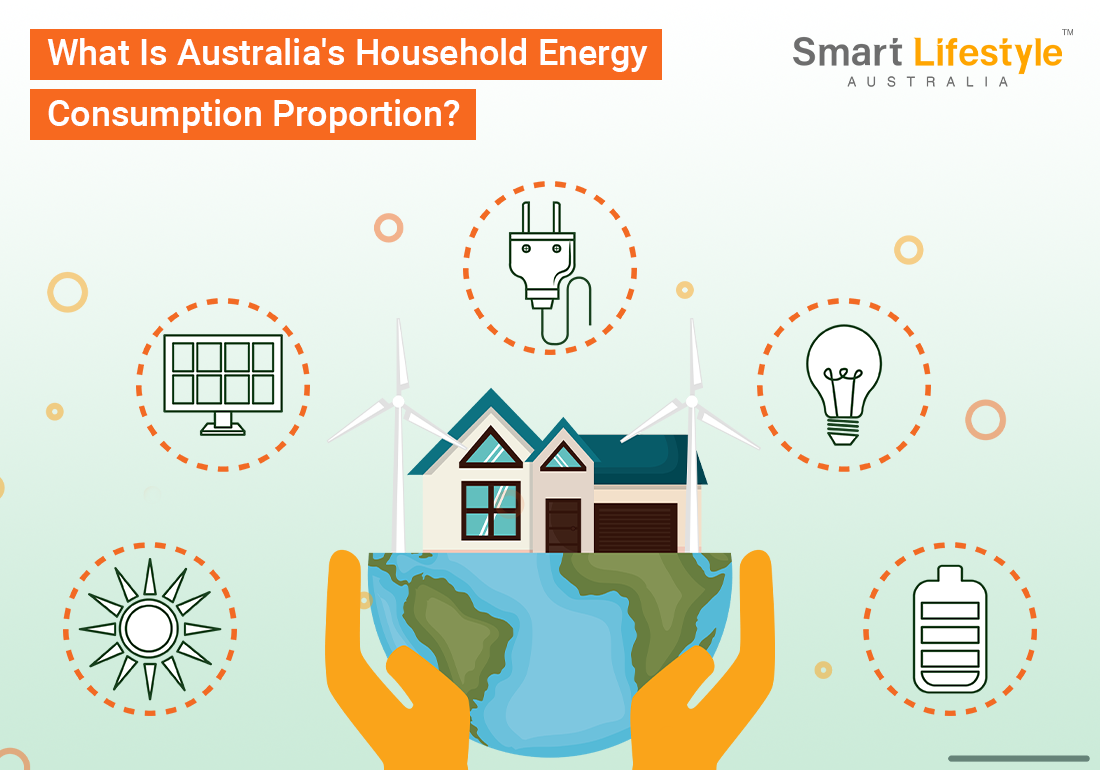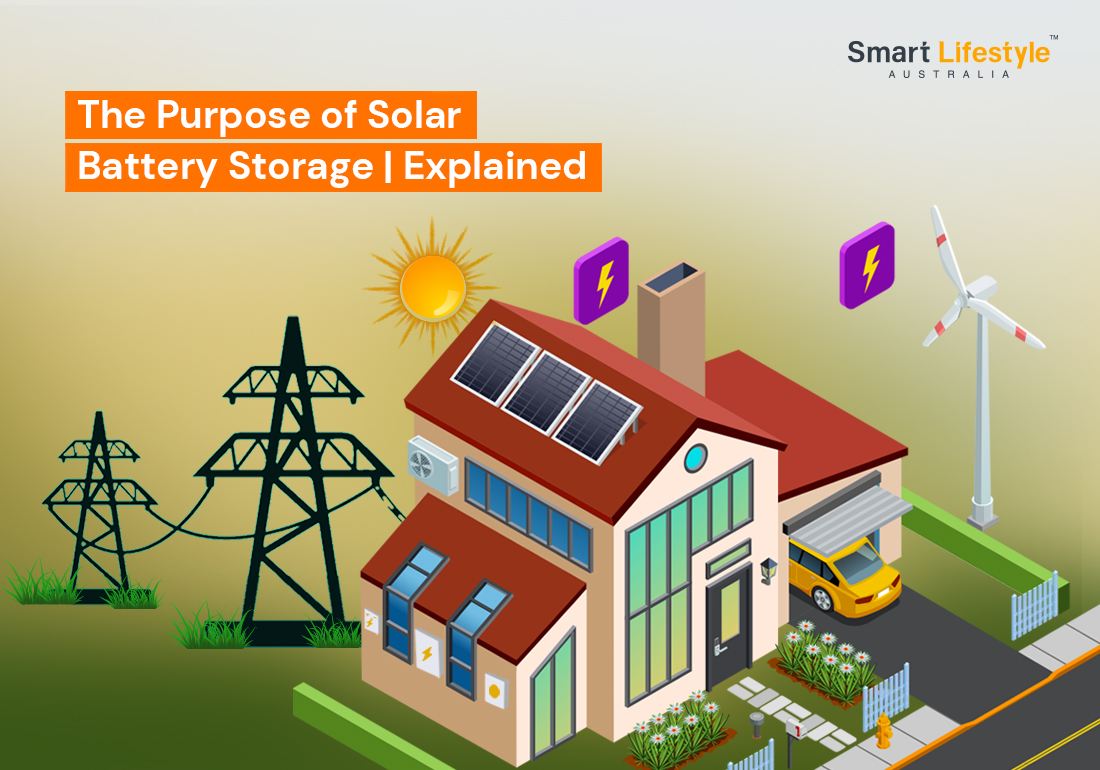We all know the basic science of heating and cooling. Heat travels from a relatively warmer place to the cooler side to level out the temperature on either side. Simply put, heat pumps take advantage of that principle, and, using electricity, they extract heat from the warmer side (in this case, the surrounding environment) and release it into the water.
An energy-efficient heat pump water heating system works just like a refrigerator but in reverse; instead of cooling, it raises the temperature of the water with the help of electricity and refrigerant. Instead of producing heat directly, heat pump water heaters utilize energy to transport heat from one location to another, and it does that by heating up the refrigerant in use, releasing that heat into the water.
This indirect approach to heating saves a ton of energy in the process as it uses less electricity to achieve the exact same goal by transporting the heat from the environment to the water rather than directly using electricity. As this approach of water heating saves electricity it also saves you a lot of money on electric bills as well.

How Is Heat Pump Energy Efficient?
It is in the heat pump mechanism and the essence of how the heat pump works. It does not directly utilize electricity to heat the water; instead, it draws heat from the environment, heats up the refrigerant, and releases the heat into the water.
A traditional heater will not go through this conversion and heat up the water using electricity. A heat pump essentially works like an energy multiplier. Over 4 kW of heat can be produced from 1 kW of input power. That’s an astounding 400% performance efficiency jump. At the same time, typical electric storage water heaters can only generate a maximum of 1 kW of heat from 1 kW of input electricity.
For instance, a good quality heat pump can offer you
- Low operating noise
- Wide operating range (-20°C & 45°C)
- Tank-wrapped condenser coil
- Protection from ice
So, it’s apparent how heat pumps are way more efficient than a traditional water heater. Also, with the option of solar electricity, which is renewable, it makes even more sense for you to switch to heat pumps. A renewable source of electricity paired up with super-efficient heat pump water heaters is the way to go for a sustainable future. It makes perfect sense, both from a financial and environmental viewpoint.
Maintenance And Installation Of The Heat Pump
Every gadget and system in your house requires basic maintenance in order to keep its best shape throughout its lifetime. Of course, this is followed by a flawless installation job. So, to answer the question, is it worth getting a heat pump? It’s also a legit concern to be resolved; would you have to constantly micromanage the system?
No, you wouldn’t have to put in a lot of labor to manage the whole system. There are many heat pumps available in the market which have the capacity to provide you with a smart monitoring system with user-friendly controlling options.
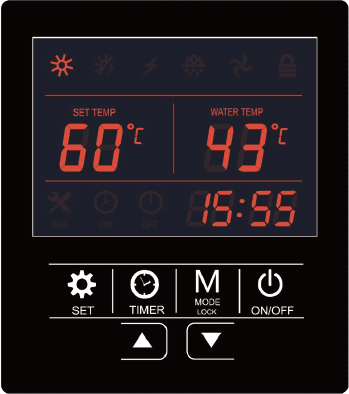
As per installation, it’s a no-brainer that you should always go with an installer who is strictly professional and possesses a customer-first approach. A flawless operation and expected lifespan can only be reached if installed by professionals. Learn more about energy-efficient heat pumps here.
In conclusion, heat pumps can meet all your hot water needs in the most energy-efficient manner possible. To know more about how you can also claim the benefits of the heat pump in collaboration with energy experts fill out the form below.

